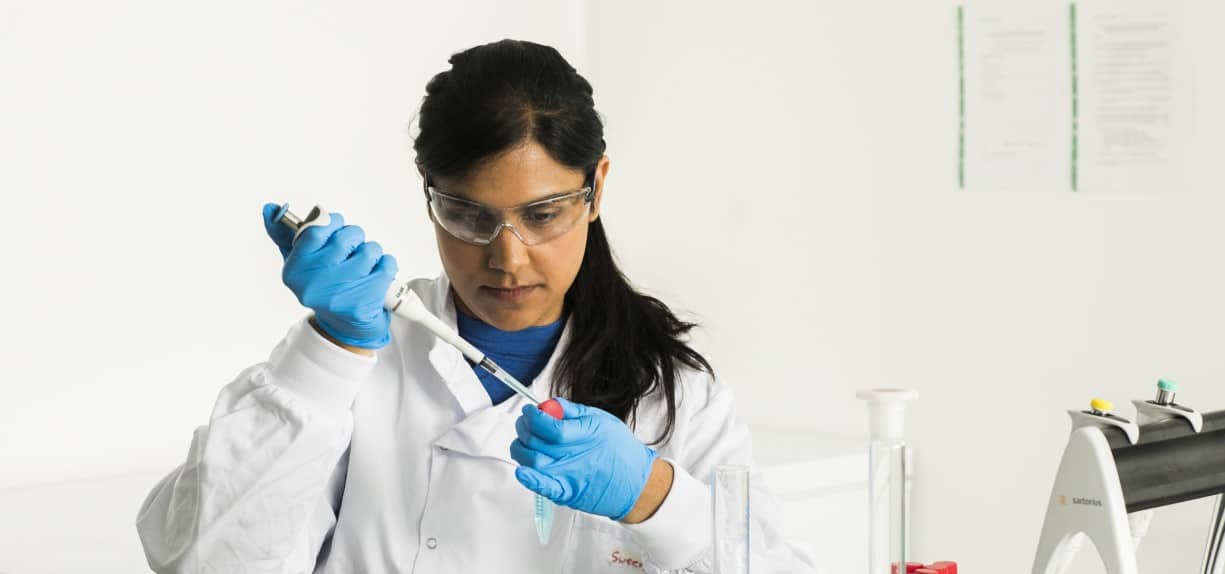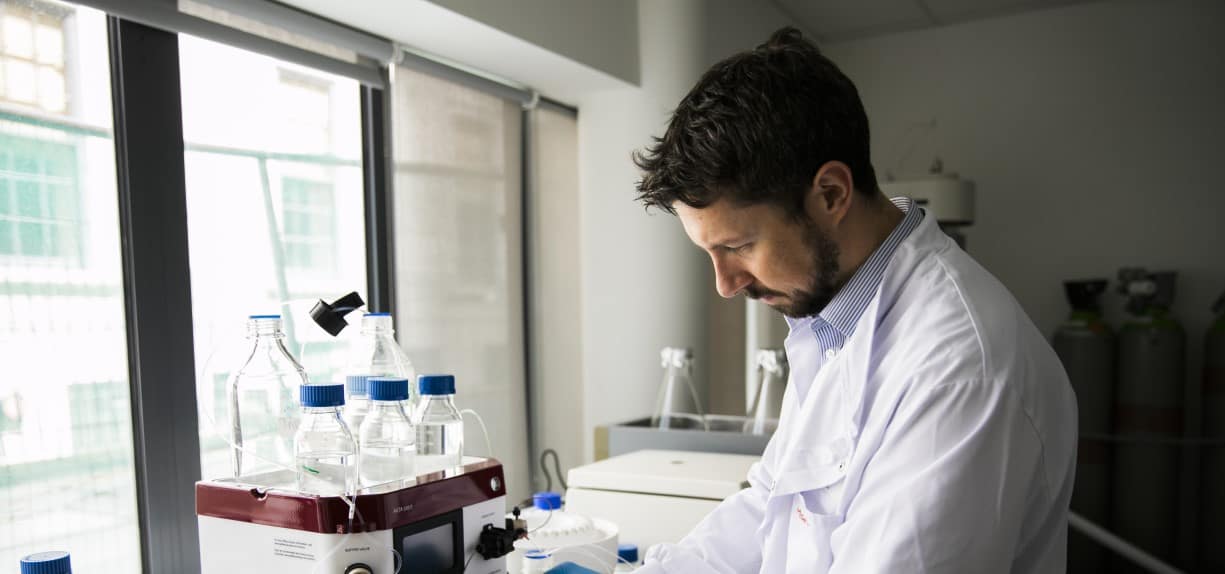Empowered consumers and AI technology are shaping the future of preventative healthcare writes Dr Nora Khaldi, Founder and Chief Scientific Officer, Nuritas.
Advances in technology will help to provide modern consumers with greener, safer and more effective healthcare solutions.
Note: This piece was originally published in the December 2022 issue of Business & Finance magazine.
The power of AI
Over the past few decades, we have seen many great strides in technology when it comes to its applications in life science. While various technologies have been developed and adapted for medical uses, it is a widely held belief that the next wave of economic growth in preventative healthcare will be driven by empowered consumers and AI technology.
AI is one of the most influential types of technology that has helped shape our present. Up until recently, biology has been seen as too complex for AI to navigate.
However, with increased compute power and availability of robust data, we now see AI being applied to discovery for multiple health areas.
As such, AI is now regarded as particularly poised to be transformative for health.
The ability to identify health-benefiting ingredients and incorporate them into everyday consumable products, speedily and cost-effectively, is a huge mathematical challenge that could not be solved without the use of AI.
An ageing population
Due to our ageing global population, the need for new discoveries in health has never been so relevant.
The World Health Organisation predicts that between 2015 and 2050, the proportion of the population over the age of 60 will almost double from 12 – 22%.
A consequence of our ageing society is rising healthcare costs due to associated chronic disorders, such as diabetes, stroke, heart disease and chronic respiratory illness which are on the rise.
For example, cases of diabetes quadrupled in 34 years, rising from 108 million in 1980 to 422 million globally in 2014. Most of these chronic disorders are referred to as lifestyle disorders and are related to how a person lives (activity level, diet, alcohol, or drug abuse).
These statistics tell us that, unfortunately, our modern diets are not sustaining us in good health, many of us are overfed but undernourished, which not only negatively impacts our general health, but also our ability to bounce back after illness or injury.
What’s surprising it that even though the global food industry is valued at approximately $10 trillion, two thirds of this is lost due to costs linked to health-related issues such as obesity and undernutrition (approximately $6.6 trillion of global food costs).
Maintenance vs cure
Most of the resources for tackling chronic disorders or health-related issues are focussed on treating someone who is already sick, which is highlighted by the fact that only 3% of all current healthcare expenditure is spent on preventative care in the EU.
In response to this, consumers are beginning to advocate for more control over their health. This is driving the shift from treatment to prevention, with more money being invested in strategies to maintain health.
Today’s consumers are better informed than any previous generation, they want a deeper understanding of the products they use and have a better grasp of the scientific research behind them.

Additionally, sustainability is an important concern, with consumers wanting their products to have a low environmental impact and for industry to be aware of their carbon footprint.
In essence, we see consumers becoming more vocal in what they want, asking for greener, safer and more effective solutions.
Moving forward
As industry leaders, we must listen and ask, how can we keep people healthier for longer while engaging with consumer requests? It is here that the transformative power of AI in health comes into view.
The ability of AI to navigate and decipher complex data sets, has created an opportunity to explore and unlock health benefiting naturally derived ingredients.
The data contained within food sources, makes nature a treasure trove of wisdom, and over the centuries people have leveraged this knowledge for discovery.
Traditionally, this approach can be quite serendipitous, the story of Alexander Fleming discovering penicillin by chance through a contaminated culture dish is well known.
Once discovered, even attributing a health benefit to a new ingredient can take years to develop, human milk oligosaccharides were first described in 1930, however, it was only recently that scientists were able to describe the protective health benefits of these molecules to an infant’s diet, almost a full century of research led to this outcome.
AI-led discovery turns this whole process on its head, in this approach, you can take a consumer’s need and build your discovery pipeline around that need.
This targeted approach allows us to interrogate our food sources differently, creating plant-based, scientifically validated effective ingredients in record time and cost-effectively.
Using an AI-led approach, we are beginning to optimise our foods to create healthy and sustainable solutions to improve health.
Showcasing exactly how technology can not only aid advancements in preventative healthcare, but also help the industry to meet the demands of a modern customer base who are seeking a more specialised product.
Irish disruptive technology part of global healthcare solution
Equipping business for success in the global village — An interview with Alice Mansergh of Google

